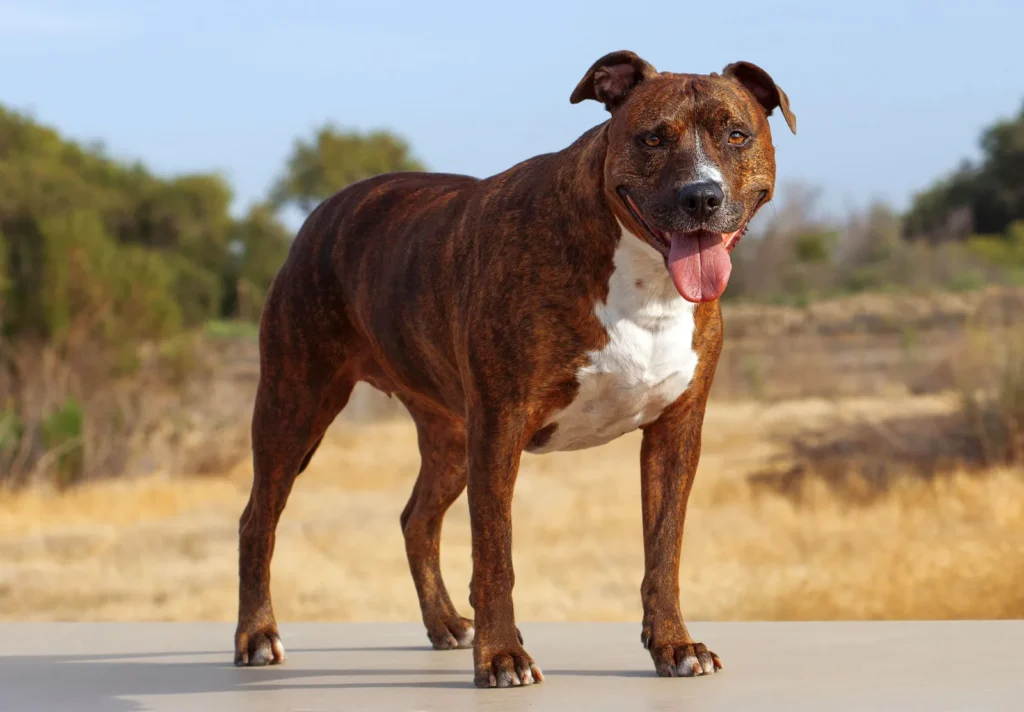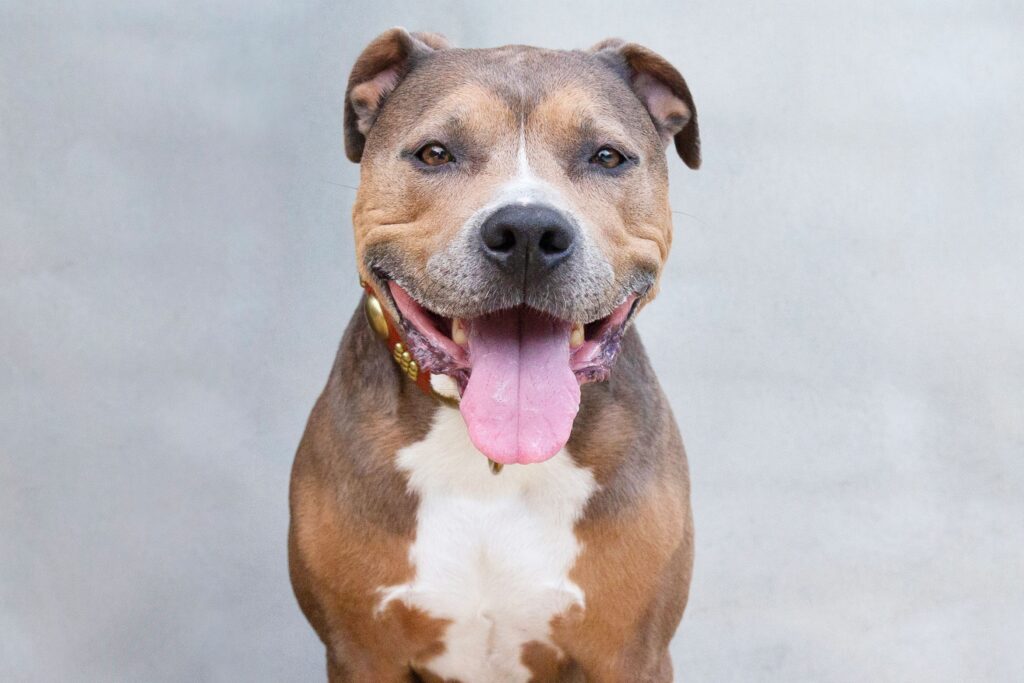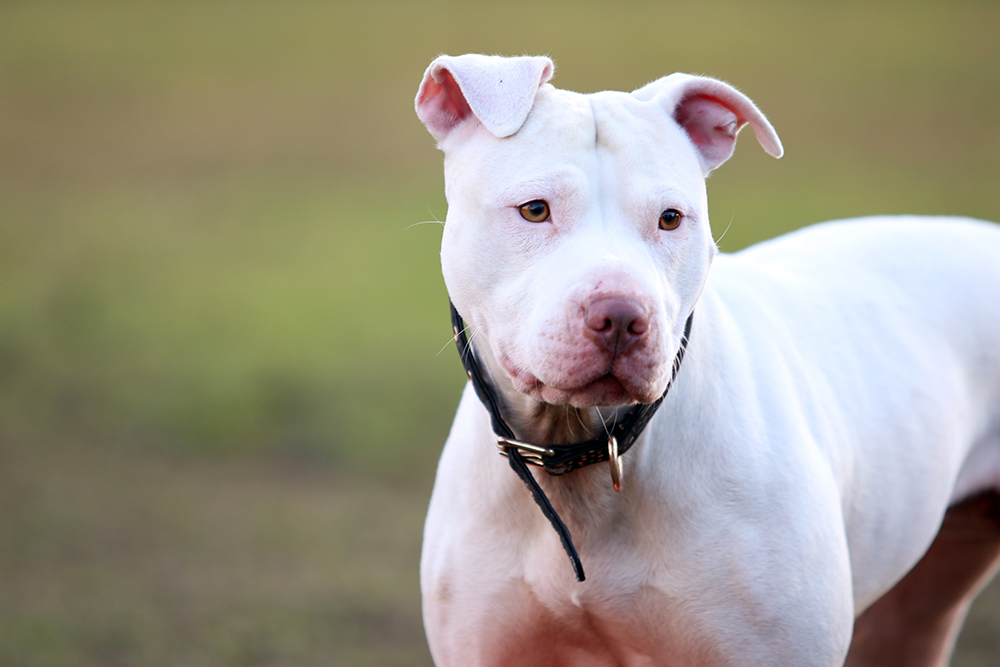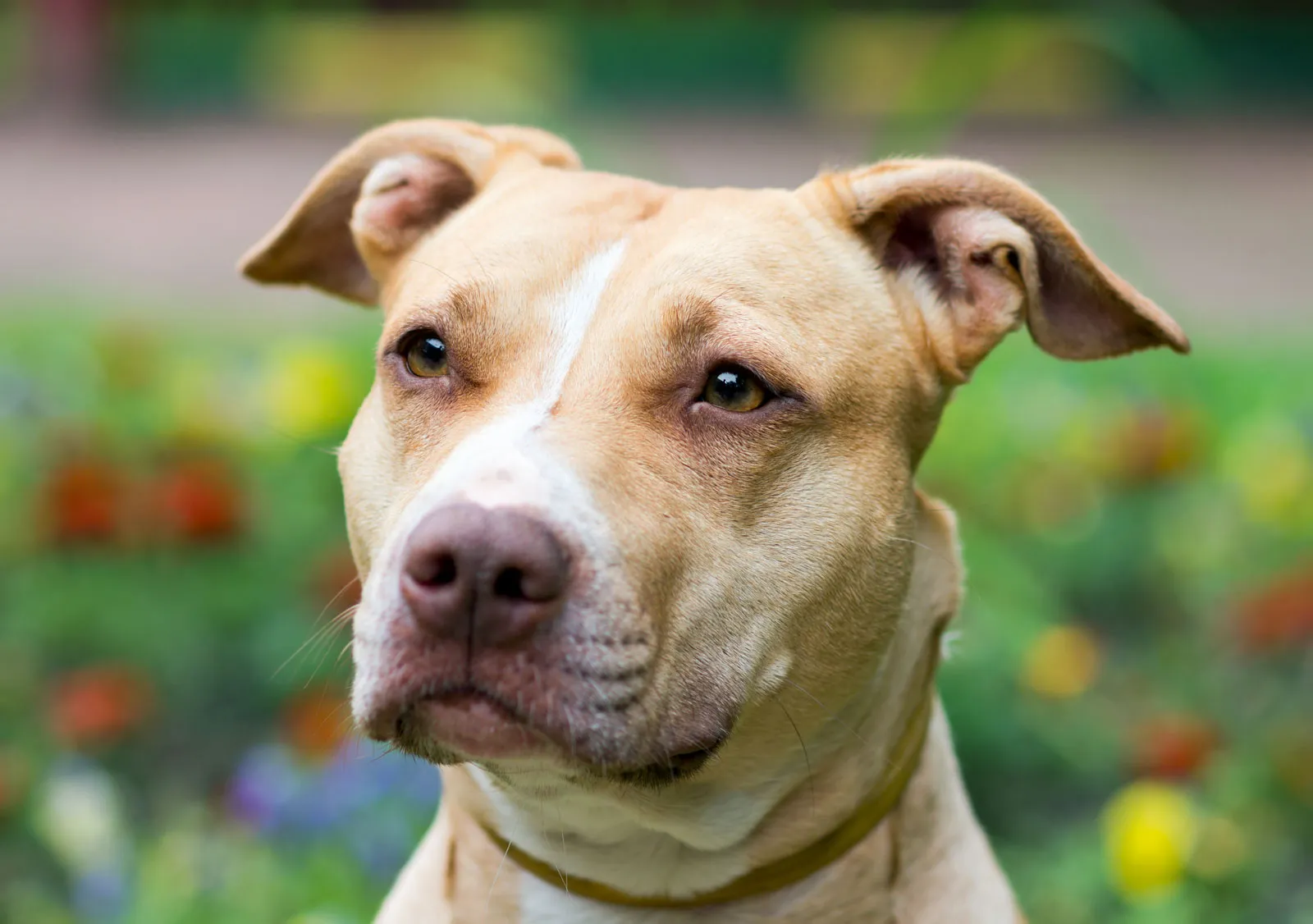Pit bulls, often misunderstood and misrepresented, are a diverse group of dog breeds known for their loyalty, strength, and affectionate nature.
Despite the negative stigma surrounding them, pit bulls make wonderful companions and are cherished by many dog lovers around the world.
In this article, we’ll delve into the fascinating world of pit bull varieties, exploring 10 distinct breeds that make up this beloved group.

1. American Pit Bull Terrier (APBT)
The American Pit Bull Terrier, often simply referred to as the APBT, is perhaps the most well-known member of the pit bull family.
Bred for their strength and agility, these dogs are highly energetic and excel in various activities, including agility trials and obedience competitions.
With their muscular build and boundless enthusiasm, APBTs are a favorite among active individuals and families.
2. American Staffordshire Terrier
The American Staffordshire Terrier, commonly mistaken for the APBT, is a separate breed recognized for its gentle and affectionate nature.
Often referred to as “AmStaffs,” these dogs are known for their intelligence and loyalty.
Despite their muscular appearance, AmStaffs are friendly and outgoing, making them excellent family pets.
3. Staffordshire Bull Terrier
Originating from England, the Staffordshire Bull Terrier is a compact and muscular breed known for its courage and tenacity.
Despite their small stature, Staffordshire Bull Terriers possess immense strength and are renowned for their love of play and affection towards their human companions.
With their affectionate nature, Staffordshire Bull Terriers thrive in loving homes where they receive plenty of attention and exercise.
4. American Bulldog
The American Bulldog, while not always recognized as a pit bull breed, shares many similarities with its pit bull cousins.
Bred for working on farms and ranches, American Bulldogs are strong and athletic dogs known for their protective instincts and loyalty to their families.
With proper training and socialization, these dogs make excellent guardians and companions.
5. Bull Terrier
The Bull Terrier, with its distinctive egg-shaped head and playful demeanor, is a unique member of the pit bull family.
Known for their clownish antics and unwavering loyalty, Bull Terriers are beloved for their quirky personalities.
Despite their strong prey drive, Bull Terriers can coexist harmoniously with other pets with proper socialization and training.

6. American Bully
The American Bully is a relatively new breed that has gained popularity for its gentle and affectionate nature.
Bred by crossing various pit bull breeds with other bulldog types, American Bullies are known for their muscular build and friendly disposition.
With their calm and confident demeanor, American Bullies make excellent companions for families and individuals alike.
7. American Pit Bull Terrier Mixes
Pit bull mixes, often referred to as “mutts,” encompass a wide range of breeds that share characteristics with the APBT.
From Labrabulls (Labrador Retriever mixes) to Boxer mixes, these dogs exhibit a unique blend of traits inherited from their pit bull ancestry.
Adopting a pit bull mix can be a rewarding experience, as these dogs often possess the best qualities of both breeds.
8. Blue Nose Pit Bull
The Blue Nose Pit Bull, distinguished by its striking blue-gray coat and nose, is a variation of the American Pit Bull Terrier.
While the blue coloration is often prized by enthusiasts, it’s important to note that coat color does not affect a dog’s temperament or personality.
Blue Nose Pit Bulls are known for their affectionate nature and loyalty to their families, regardless of their coat color.
9. Red Nose Pit Bull
Similar to the Blue Nose Pit Bull, the Red Nose Pit Bull is characterized by its distinctive red-colored nose and coat.
Despite their unique appearance, Red Nose Pit Bulls share the same loving and playful temperament as other pit bull varieties.
With proper care and socialization, these dogs make wonderful companions and are cherished by their families.
10. Pocket Pit Bull
The Pocket Pit Bull, also known as the Miniature Pit Bull, is a smaller version of the American Pit Bull Terrier.
Bred for their compact size and friendly demeanor, Pocket Pit Bulls are well-suited for apartment living and households with limited space.
Despite their smaller stature, these dogs possess the same courage and loyalty as their larger counterparts, making them ideal companions for individuals seeking a pint-sized pit bull.
Conclusion
In conclusion, pit bulls encompass a diverse group of breeds known for their loyalty, affection, and strength.
From the classic American Pit Bull Terrier to the playful Bull Terrier, each variety offers unique traits and characteristics that make them beloved companions.
Despite the misconceptions surrounding them, pit bulls thrive in loving homes where they receive proper care, training, and socialization.

FAQs (Frequently Asked Questions)
Are pit bulls inherently aggressive?
While pit bulls may have been bred for certain traits like strength and tenacity, their temperament largely depends on their upbringing and environment.
With proper socialization and training, pit bulls can be loving and gentle companions.
Do pit bulls make good family pets?
Yes, many pit bull breeds are known for their affectionate nature and love for human companionship.
However, it’s essential to supervise interactions between pit bulls and young children and to provide proper training and socialization from an early age.
Are pit bulls suitable for first-time dog owners?
Pit bulls can make great pets for first-time owners who are committed to providing proper care, training, and socialization.
However, it’s essential to research the breed and be prepared for the responsibilities of dog ownership.
Do pit bulls require a lot of exercise?
Like any dog breed, pit bulls benefit from regular exercise to maintain their physical and mental well-being.
Daily walks, playtime, and interactive toys are essential for keeping pit bulls happy and healthy.
Are pit bulls prone to health issues?
While pit bulls are generally healthy breeds, they may be susceptible to certain health issues like hip dysplasia and allergies.
Regular veterinary check-ups and a balanced diet can help prevent and manage potential health problems.
